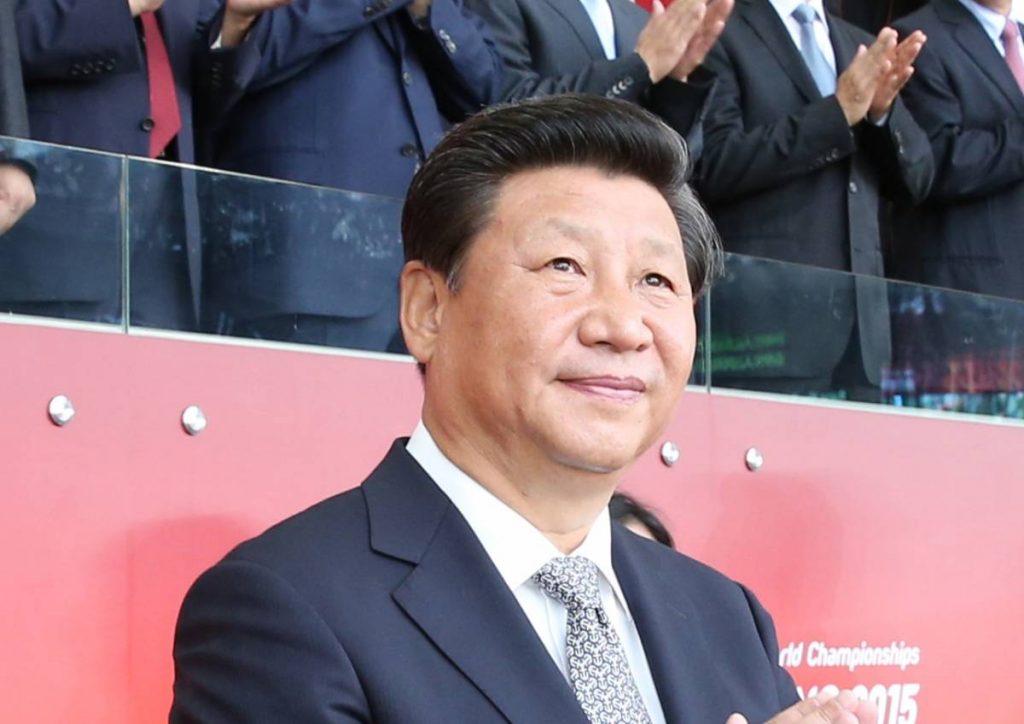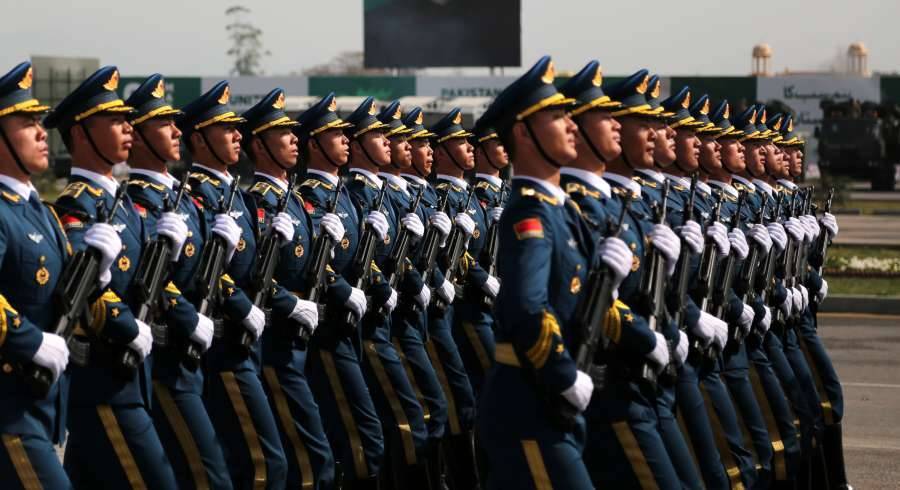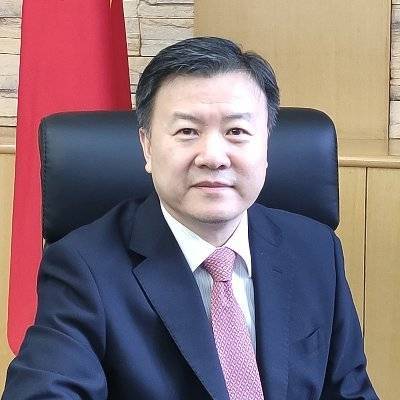Behind these moves lurks evidence that the country is addressing concerns regarding troop morale and the military’s ability to fight a sustained war….reports Asian Lite News
China’s military has an Achilles’ heel. ‘One-child army’ with low troop morale is more inclined to add unmanned aircraft and ballistic missiles.
Tetsuro Kosaka, writing in Nikkei Asia said that the Chinese Communist Party (CCP) has unintentionally revealed weaknesses of the country’s military. One indication came with the building of facilities for launching new intercontinental ballistic missiles in an inland desert region. The other was a series of further attempts to increase childbirths, including measures to help reduce the costly burden of educating children.
Behind these moves lurks evidence that the country is addressing concerns regarding troop morale and the military’s ability to fight a sustained war.
For nearly a decade, China has been busy in the South China Sea, first building artificial islands, and then deploying radar equipment and missiles to deter foreign military aircraft and vessels from approaching the area, and finally deploying strategic nuclear submarines capable of launching ballistic missiles in the now-protected sea, reported Nikkei Asia.
Submarine-launched ballistic missiles, known as SLBMs, are the ultimate weapon. They allow nations to avoid being put in disadvantageous positions since the subs that carry them can remain in deep waters, keeping the enemy at bay, until the very end.
Experts believe that China rushing to build new ICBM bases in inland desert areas lies in the fact that although China has militarized some waters in the South China Sea and deployed SLBMs, it no longer has confidence it can defend the area should a conflict arise, says Tetsuro.
In January 2018, a Chinese submarine humiliatingly revealed its lack of high-level performance. The submarine, travelling undersea in a contiguous zone of Japan’s Senkaku Islands, in the East China Sea, was quickly detected by the Japanese Self-Defence Forces.
It was quick to surface and unhesitatingly raise the Chinese flag, which might as well have been a white flag of surrender; the crew presumably feared their vessel could be attacked with depth charges, reported Nikkei Asia.
Under international law, the Maritime Self-Defence Force could have regarded the vessel as an “unidentified submarine” that had intruded into Japanese territorial waters while submerged.

Many Japanese and US officials believe the incident symbolizes the low morale of Chinese troops, says Tetsuro.
Visible might like missiles and tanks is only one component of military power. There are also invisible inputs, like troop morale, added Tetsuro.
Some believe that Chinese soldiers’ low morale is attributable to the country’s long-standing one-child policy, which has made the military one of the world’s leading “one-child armies.”
“Over 70 per cent of Chinese soldiers are ‘only children,’ and the rest are the second or later children whose parents had to pay fines to bear them,” said Kinichi Nishimura, a former Ground Self-Defence Force officer who for many years has analysed East Asia’s military balance at the Ministry of Defence’s Defence Intelligence Headquarters and elsewhere.
The Confucianist view that children must respect and take good care of their parents and ancestors remains deep-rooted in China. As a result, parents are particularly reluctant to see their children die earlier than they do.
In China, where people tend to have little respect for soldiers, there is a saying: “Good steel does not become nails,” meaning respectable individuals do not become soldiers. In order to ensure it can secure sufficient numbers of troops, the party has been working to improve salaries and pensions.
On August 1, the government enacted a law to protect the status, rights and interests of military personnel. This desperate effort to improve the patina of a military career might be a sign that the People’s Liberation Army has not been able to turn around its recruitment efforts, especially in the face of the country’s ebbing fertility rate.
“The Chinese military has increased the deployment of battleships and fighter planes since a few years ago,” Nishimura said, “but their operating rates are not exactly high. It seems they are unable to sufficiently train enough soldiers to properly maintain and repair” the high-tech hardware.
This is partly why the Chinese military in recent years has come to rely more on unmanned aircraft and ballistic missiles. The number of ballistic missiles China deploys has increased to several thousand, says Tetsuro. (ANI)









